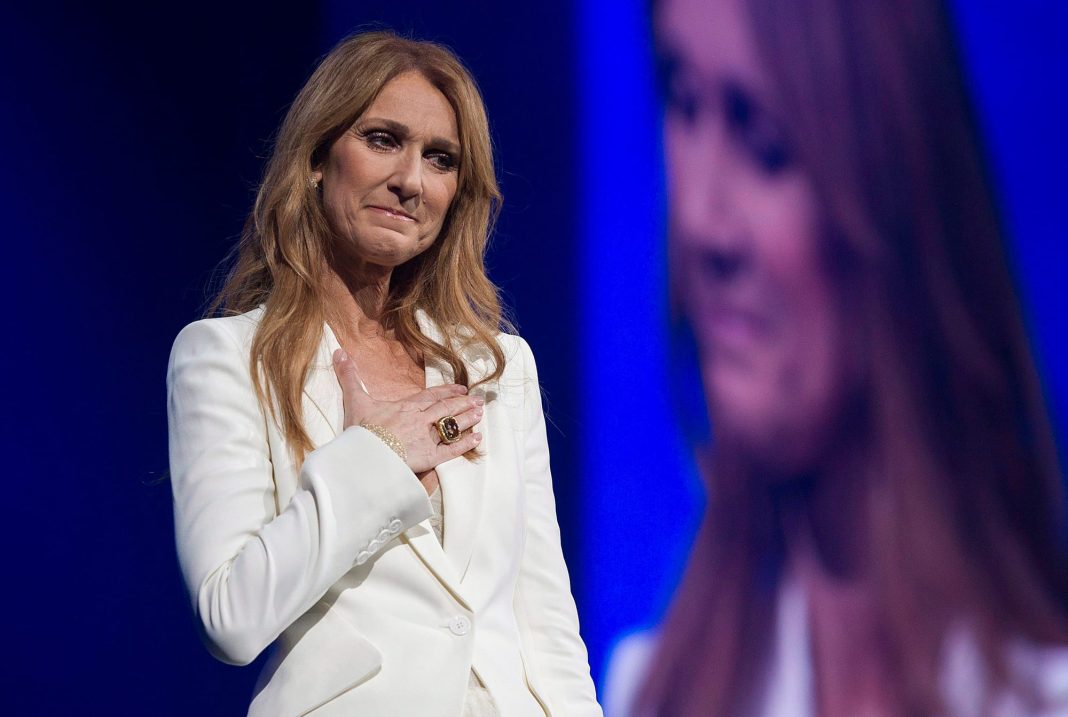Industry lobby group Music Canada
communicated
with federal officials on May 12, proposing legislation to ensure “individuals are able to protect the use of their voice and visual likeness from artificial intelligence applications.”
Music Canada represents major record labels in Canada, including Sony Music Entertainment Canada, Universal Music Canada and Warner Music Canada. Those labels and their subsidiaries have collectively signed hundreds of artists including Canadian musicians like Leonard Cohen, Celine Dion, Snotty Nose Rez Kids, Avril Lavigne, the Barenaked Ladies and the Arkells.
The communication comes after Prime Minister Mark Carney campaigned on promises to support AI development and adoption in Canada. This month, Carney named former broadcaster
Evan Solomon
Canada’s first-ever Minister of AI and Digital Innovation. The Liberal Party’s platform says Solomon will oversee the adoption of AI in the public service and
establish
an Office of Digital Transformation to use AI to clear government service backlogs and improve service delivery time.
Patrick Rogers, CEO of Music Canada, told the IJF that Solomon’s appointment “reflects the importance of the AI file for this new government” and that the group looks forward to working with Solomon and other members of cabinet to ensure Canada can be an AI leader “while protecting Canadians and human creators from the harmful elements of this technology.” Rogers said AI “holds a lot of promise” as a tool for the music industry, but “is not a substitute for human artistry.”
Last year, a group of more than 200 musicians signed a
letter
requesting AI firms not to utilize artists’ voices and images in manners that “diminish artists, songwriters, musicians, and rights holders.” In January 2024,AI-created “deepfake” pornography featuring
Taylor Swift
Actress Scarlett Johansson was likewise shared online.
criticized
ChatGPT creator OpenAI for creating an AI assistant with a voice similar to her own
.
Music Canada’s Rogers stated that the most effective method to safeguard against such risks is for the government to maintain a robust copyright system and enact “national legislation banning deepfakes rather than adopting an ad hoc strategy state by state, which could lead to inconsistencies and delays in enforcement.”
In 2022, Canada’s former Innovation Minister François-Philippe Champagne announced
Bill C-27
, which would have governed the usage of artificial intelligence in Canada and updated data protection regulations. Google, Amazon, Microsoft, and Meta were all involved in this initiative.
spoke
on the legislation, as did Canadian creative industry lobbying groups and unions representing actors, directors and authors. But after more than two years of debate, the bill was killed when Justin Trudeau stepped down and the federal election was called.
Canadian Heritage did not respond to a request for comment before deadline.






